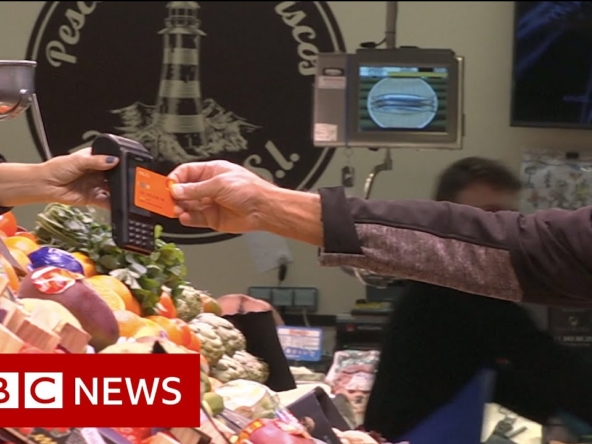Visita nuestra WEB https://historyofspain.es/
¡SUSCRÍBETE al canal! CLIC AQUÍ: http://bit.ly/3y2EYHj
THE PRE-ROMAN PERIOD
In Hispania before the Romans, the Spanish peninsula was inhabited by several tribes which were divided between Celts and Iberos.
The Fenitians and Greeks started to arrive and founded Gades and Ampurias. By the way, the name of Iberia was given by the Greeks because of the river Ebro, which in Greek is Iber. After them came the Cartaginenses from Africa and founded Cartagena.
THE ROMAN PERIOD
The Romans arrived in Ampurias in 218 b.C., and finished conquering the peninsula in 19 b.C. under the leadership of the emperor Augustus. The Romans founded several cities such as Emerita Augusta, Italica and Tarraco and expanded their culture during almost seven centuries.
THE VISIGOTH PERIOD
But Rome ended up collapsing and in the V century hordes of visigoth warriors from the north invaded Spain. The Swabians settled in the north east. The Visigoths dominated the Iberian peninsula for more than 200 hundred years and established the capital in Toledo. In 589 Recaredo made Catholicism the official religion of the peninsula.
THE MUSLIM PERIOD
In the year 711, Muslims from the north of Africa conquered the peninsula and called it Al-Andalus. Resistance formed in the north and the kingdom of Asturias was founded. The Muslims stayed for seven centuries and left two great monuments: the mosque in Cordoba and the Alhambra in Granada.
THE RECONQUEST
The Christians started the reconquest in 722 when don Pelayo, an Asturian nobleman defeated the Muslims and from this moment they started to gain terrain and the kingdoms of Leon, Navarra, Aragon, Castilla and Portugal were founded.
In the year 1212 in the decisive battle of Navas de Tolosa, the Muslims were defeated by the Christians and for the rest of the century the reconquest advanced quickly. In the end only the kingdom of Granada remained in the south.
THE CATHOLIC KINGS
In 1469 Isabel of Castilla and Ferdinand of Aragon got married and unified both crowns, conquering Granada in 1492 and unifying the peninsula.
THE DISCOVERY OF AMERICA
In 1492 Columbus first left for the Indias, discovering America on the 12th of October. During the 16th century conquerers like Hernan Cortes or Francisco Pizarro expanded the Spanish dominions all over America.
THE AUSTRIAN DYNASTY
Spain became the main European power under the reign of Charles the 1st of Spain and 5th of Germany, who started the Austrian dynasty. His son Philip the 2nd was crowned king of Portugal in 1580 and therefore the whole peninsula was unified for 60 years.
THE BOURBON DYNASTY
In 1701 the Austrian dynasty ended and the war of succession started and would end in 1714 with Philippe of Anjou as king, establishing the bourbon dynasty.
In 1805 Spain was defeated in the battle of Trafalgar by the British and in 1808 it was finally invaded by the French and the war of independence against napoleon´s army started. This finished in victory for the Spanish six years later.
THE XIX CENTURY
It was during the war of independence against the French that the first constitution was proclaimed in Cadiz in 1812.
The XIX century was very problematic, with the Carlista wars between the liberal supporters of Isabel II and the traditionalists with prince Carlos.
Finally in 1875 the bourbon monarchy was restored with alfonso XII.
In the “disaster” of 1898, Spain lost its last colonies, namely Cuba and the Philippines, after a war with the united states.
THE CIVIL WAR AND FRANCO
In 1923 Primo de Rivera established a dictatorship which ended up with the declaration of the II republic.
After the military insurrection of 1936 against the republic, a civil war started which would end in 1939 with a military dictatorship under the rule of Franco.
DEMOCRATIC SPAIN
In 1975 after the death of Franco, the transition to democracy started and in 1978 the current Spanish constitution was passed.
Source
Visit Our Luxury Homes




